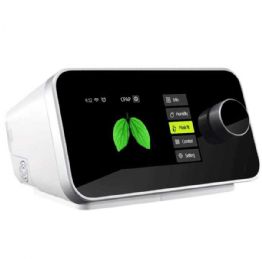
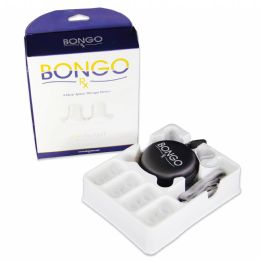
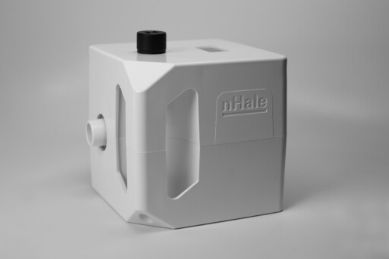
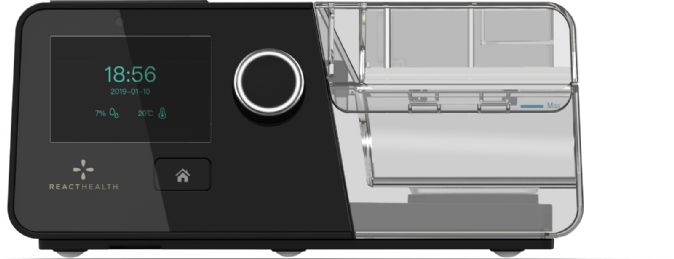
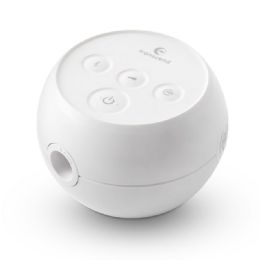
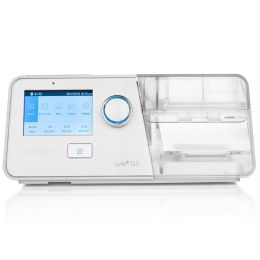
What is Sleep Apnea?
It has been estimated that over 18 million American adults have been diagnosed with sleep apnea. Sleep apnea is a disorder in which a sleeping person involuntarily stops breathing for a period of 10 or more seconds that may occur as much as 30 to 50 times an hour throughout the night. This difficulty with breathing during sleep may result in daytime sleepiness, fatigue and may also be a contributing factor to high blood pressure, stroke and heart disease. There are three types of sleep apnea: Obstructive Sleep Apnea, Central Sleep Apnea and Mixed Sleep Apnea. Obstructive sleep apnea occurs when the soft tissue at the back of the throat collapses and causes a blockage of the airway during sleep. The blockage causes a temporary cessation of breathing until the patient’s brain sends a signal to the body to breathe again, usually accompanied by a snort or loud snoring sound. Obstructive sleep apnea is common in the overweight population but can occur in anyone. In central sleep apnea, the brain does not signal the muscles to breathe. It can be caused by certain medical conditions or as a side effect of some medications. Usually patients with central sleep apnea do not snore.
Mixed sleep apnea is a combination of both obstructive and central sleep apnea. As a result of these apneas, sleep is fragmented which can lead to host of problems, including exhaustion, cognitive issues, stroke, high blood pressure and heart disease. Sleep apnea can be treated with changes in lifestyle or diet, special oral appliances or mouthpieces, nasal decongestants, surgery or CPAP machines.
What is a CPAP Machine and How Can it Help Sleep Apnea?
CPAP machines, or continuous positive air pressure machines, are a common treatment recommended by doctors for obstructive sleep apnea. The patient wears a special mask over the nose or nose and mouth combined and experiences a steady stream of air that keeps the airway open and allows for oxygen levels to remain constant throughout the night.
CPAP machines consist of three main parts: a flow generator, a mask and a tube. The flow generator uses a motor to blow air at a prescribed pressure into an air tube connected to a mask that fits snugly over a patient’s nose or nose and mouth and is held in place around the head with elastic straps.
In addition to the basic CPAP machines there are also two other types of CPAP devices: Auto CPAP Machines (APAP) and Bi-level Positive Airway Pressure Machines (BiPap). APAP Machines have the ability to adjust air pressure throughout the treatment to determine the best level for the patient. Some models have the ability to record and collect data throughout the night and these results can be passed on to a doctor to help determine the best treatment for the patient. BiPAP Machines can deliver specific pressures that may alternate throughout the nightly treatment. For example, higher pressure may be used when breathing in and lower pressure may be used when breathing out. BiPAP Therapy is commonly used for Chronic Obstructive Pulmonary Disease (COPD) patients over CPAP Therapy.
CPAP therapy offers a number of benefits to patients. In addition to providing more restful sleep which leads to increased energy and attentiveness during the day, CPAP machines can help reduce snoring which may allow other members in the household to sleep in peace. Decreases in high blood pressure symptoms may also be a result of CPAP therapy.
What are Some Optional Features of CPAP Machines?
Modern CPAP machines are much more lightweight and portable than previous models which make them easily packable and convenient for travel. They may also be equipped with a number of other features including:
Heated water chambers: These can help a patient feel more comfortable by alleviating the dryness of compressed air.
Humidifiers: They help to relieve the dryness of the air circulating throughout the machine.
Data logging: Patients can use this feature to record treatment compliance as well as event logging which can be used later to determine the best method of treatment for the patient.
Auto adjust feature: This adjusts automatically to best meet the needs of the patient’s pressure requirements for both inhalation and exhalation.
Whatever features are chosen on a particular CPAP machine, sleep apnea patients and their loved ones will be sure to reap the many benefits that will come with a restful night’s sleep.
Rehabmart is proud to offer a variety of continuous positive air pressure machines from such quality manufacturers as Respironics and Devilbliss.
Hulet Smith, OT
Rehabmart Co-Founder & CEO
rh